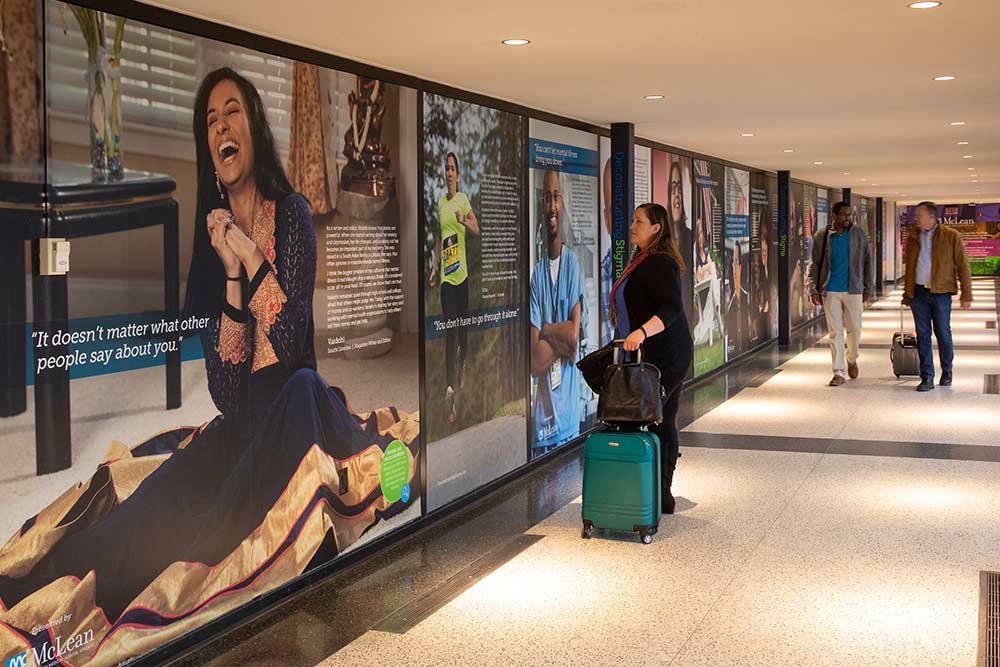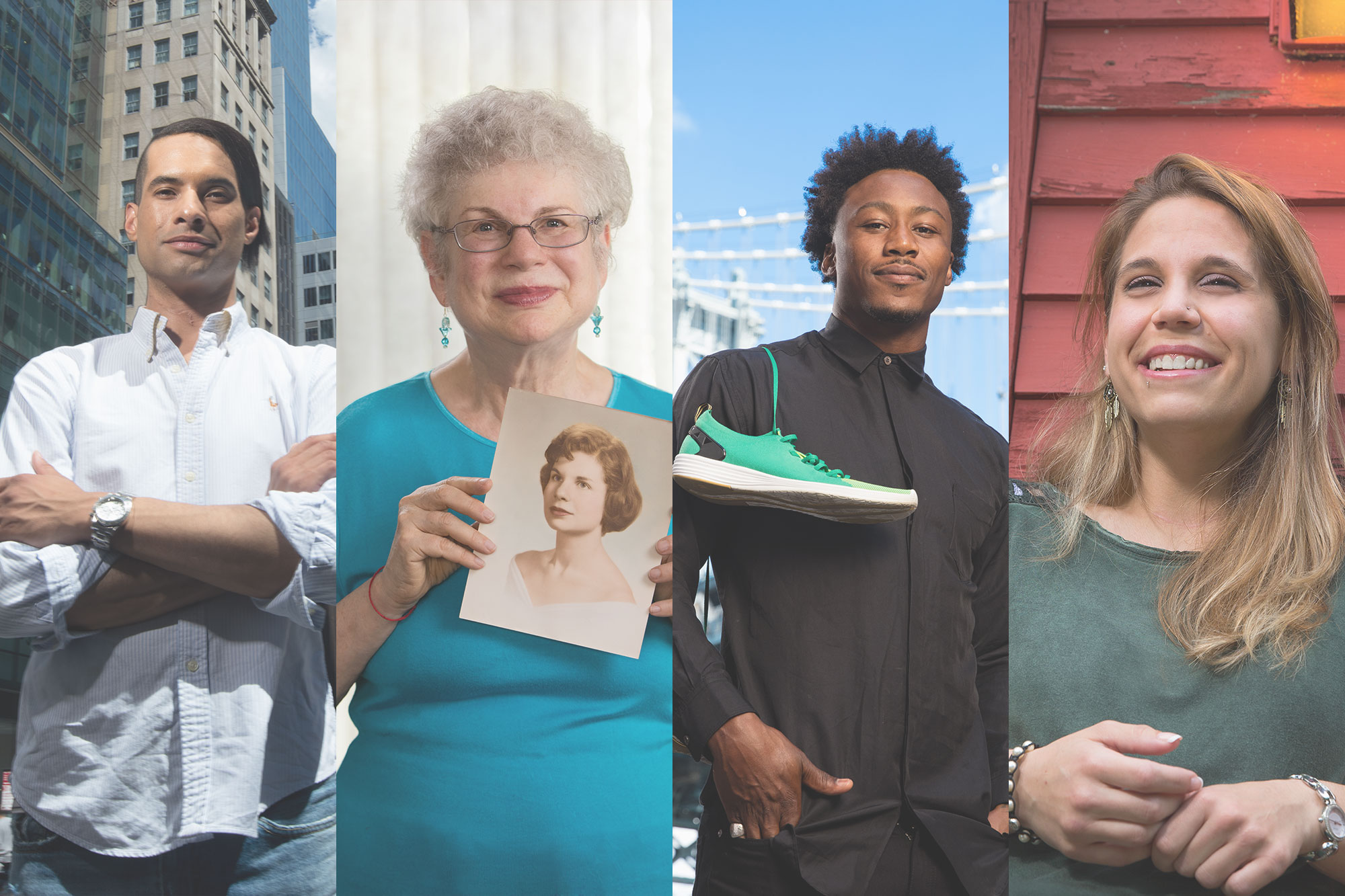I knew I was struggling when I became afraid of my own thoughts
Looking back, Rebecca now believes symptoms of obsessive compulsive disorder (OCD) emerged during elementary school. She struggled with perfectionism, feeling extreme anxiety with writing cursive letters, erasing over and over, tears streaming down her face, wanting to leave school so teachers would stop shouting and setting timers to get her to finish.
As a child, Rebecca battled severe social anxiety at school. She would freeze up, shiver, and hyperventilate during presentations. By the time she reached college, she had developed signs of depression, too.
Thoughts of death and dying, characteristic of depression, started to creep in. Texts to me would go unanswered. I felt isolated. I was exhausted and physically stuck to my bed. I felt worthless. Fragile. Exposed. Depression stole everything from me.
That’s around the time that her thoughts became increasingly terrifying. They would sometimes involve dangerous objects or people harming her.
I used to think, ‘Do people know what’s going on in my brain? What if someone found out?’ I wondered, ‘Am I at risk for doing these things?’
Rebecca found the courage to talk to a therapist about her intrusive thoughts. Because she was so terrified by what was happening, her therapist helped her understand that she had no desire to act on these thoughts. She wasn’t dangerous to herself or others. She had a medical condition—a subtype of OCD called harm OCD.
I felt emotionally unsafe despite being physically safe. My thoughts made me doubt my own existence. I didn’t know who I was anymore.
With years in therapy, Rebecca identified triggers behind these thoughts—stressful life events such as work, school deadlines, and graphic media, such as seeing violence in the news or in movies and other intense scenes on social media.
I cut out all violent media at first, then I focused on mindful consumption, starting to slowly introduce books, movies, and news back into my life. Medication also helped. At first, I thought medication might make my symptoms worse. Instead, they brought me relief. It took me a long time to learn that taking medication for my mental health is an act of bravery.
Rebecca says a real turning point in her recovery came after seeing an ad on Instagram that led her to an online OCD conference, coordinated by the International OCD Foundation and McLean Hospital. Connecting with other people in the OCD community was “remarkably empowering.” She found the OCD community so immensely healing that she joined two different support groups for people with lived experience.
Just two years ago, verbalizing my thoughts out loud was painful. Hearing others talk about it has given me hope.
Her therapy also included exposure and response prevention (ERP), a gold standard treatment that allowed her to cope with feared triggers in a safe space. As a foodie, for example, she loves to cook. The ERP therapy helped her feel more comfortable being around sharp kitchen instruments.
Rebecca acknowledges that ERP will be a lifelong journey for her because OCD flare-ups are common. Through ERP, she has learned that her thoughts may “whack-a-mole” between multiple OCD subtypes. This is when people with OCD feel like they are constantly fending off intrusive thoughts, slowly healing, and then being bombarded with new triggers out of the blue.
Ultimately, she hopes her advocacy will shrink the gap in the time it takes for people to receive an OCD diagnosis—on average, 13 years from symptom onset. For Rebecca, it was 16 years.
Rebecca urges anyone who needs help to ask for it, and to keep speaking up until someone listens. Like many folks with harm OCD, it took multiple clinicians over the years for Rebecca to find her current treatment team. She is hugely grateful for their expertise in OCD and depression and is proud to have found providers who understand her diagnosis. She speaks out to combat the stigma of harm OCD, and to share that recovery is possible.
Speaking up for people with OCD is lifesaving—advocacy is really important to me. I never want anyone to experience the shame that I once felt or be afraid of what they see in the mirror.

